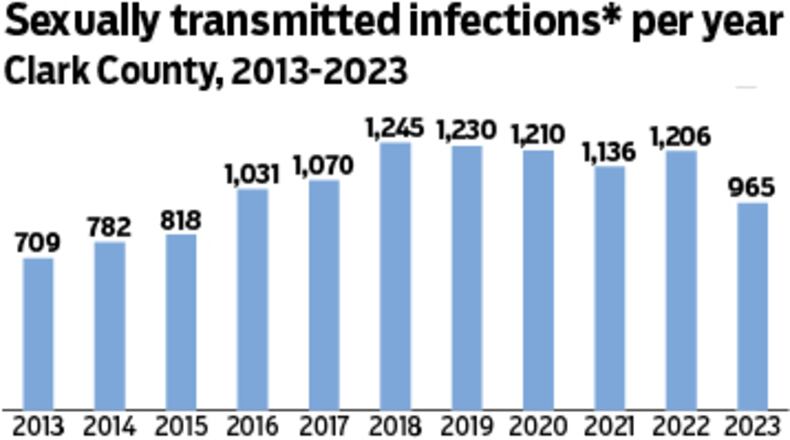Among the rumors circulating about the immigrant community — and amplified by politicians — are claims about the impact to local health systems.
Republican Kyle Koehler, a former state representative running for the Ohio Senate seat representing Clark and Greene counties, gave a speech in Shelby County that has been widely circulated. In it, Koehler claimed, among other things, that “nurses have confirmed that an entire wing of our regional hospital has nothing but Haitian patients being treated for HIV.”
A spokesperson for Bon Secours Mercy Health told the Springfield News-Sun that Koehler’s statements aren’t at all accurate. But they expressed concern about covering the costs of increased demand for care at Mercy Health - Springfield.
“Similar to other organizations in Clark County, we have seen and felt the impact of a rapid influx in our growing population — growth which we see reflected in our increased patient volumes. Specifically, we have seen high utilization of women’s health, emergency and primary care services, and we continue to work tirelessly to meet the growing demands our community with compassion,” says a statement from the hospital.
“It is imperative that we continue to highlight material reimbursement challenges to government payors and insurance companies to secure fair reimbursement rates that maintain reasonable health care costs for our patients. Issues like this continue to threaten our ability to provide vital services and keep our doors open to serve our communities.”
Asked about his comments, Koehler forwarded a statement to the News-Sun that said, in part: “I don’t care whether we have folks immigrating from another country or another state — when you have an enormous influx of people coming to a community that can’t speak our language and have a different culture, there are going to be barriers to overcome. Obviously our community is struggling to deal with them.”
Dan McGregor, the Democrat running against Koehler for the Senate seat, did not return messages seeking comment.
Infectious disease
Koehler also said that tuberculosis and HIV cases are increasing by five to eight times.
Cook called the numbers used by Koehler “false” and said under any circumstances, the selective use of disease reports fails to provide a complete picture of overall health in Clark County.
While there was in increase in the number of TB cases reported in the county from 2013 to 2023, recent case numbers are “not skyrocketing or surging” Cook said. There were four TB cases in Clark County last year, up from three the year before, according to health department data.
Cases of sexually transmitted diseases — including gonorrhea, syphilis, chlamydia and HIV — are trending lower after several years of increase, according to health department data.
All told, the county experienced a total of 1,370 reportable infectious diseases reported in 2023, a number that includes not only TB and HIV, but pertussis, hepatitis B and C, measles, meningitis, mumps, rubella, strep variations, varicella, and a variety of enteric diseases such as listeria, hepatitis A, salmonella, shigella and typhoid fever.
TB and HIV combined total 33 of the reported infectious diseases in the county.
“Zero people died of TB in Clark County in 2023,” Cook said. “One person, preliminarily, may have died of HIV in 2023. Forty-two people died from COVID. Why are we not talking about that? When we talk about how to measure public health, we can’t pick and choose, we have to look at everything.”
Access to care
Cook says the language barrier is a pressure point that the community is working to resolve, and one that does impact the capacity for health care providers to serve everyone.
The need for translation services lengthens the time needed for medical care providers and patients to communicate effectively, and as a result, the number of available appointments may be reduced.
“We are all starting to use better technology now to make that easier…and there are so many public, private and faith based partnerships now involved in providing classes in English as a second language. How we see language right now in 2024 as a barrier will be very different next year and even in 2026 because people are learning English.”
Ohio Gov. Mike DeWine last week announced that two new health clinics will open in Springfield to address access issues. They will serve all residents, primarily with vaccinations, prenatal care and primary care.
The first clinic, a mobile unit, is expected to open this week. The second will be a free-standing clinic. Both will be managed by the Clark County Combined Health District but will have access to state resources as needed.
Cook urges the community to have patience.
“I do think there is an opportunity here to revitalize the community. I have sincere respect for the people who have made this community their lifelong home. I’m one of them. I’ve lived here 46 years. There are ways to honor both the people who have come here and the people who have been here,” he said.
About the Author


